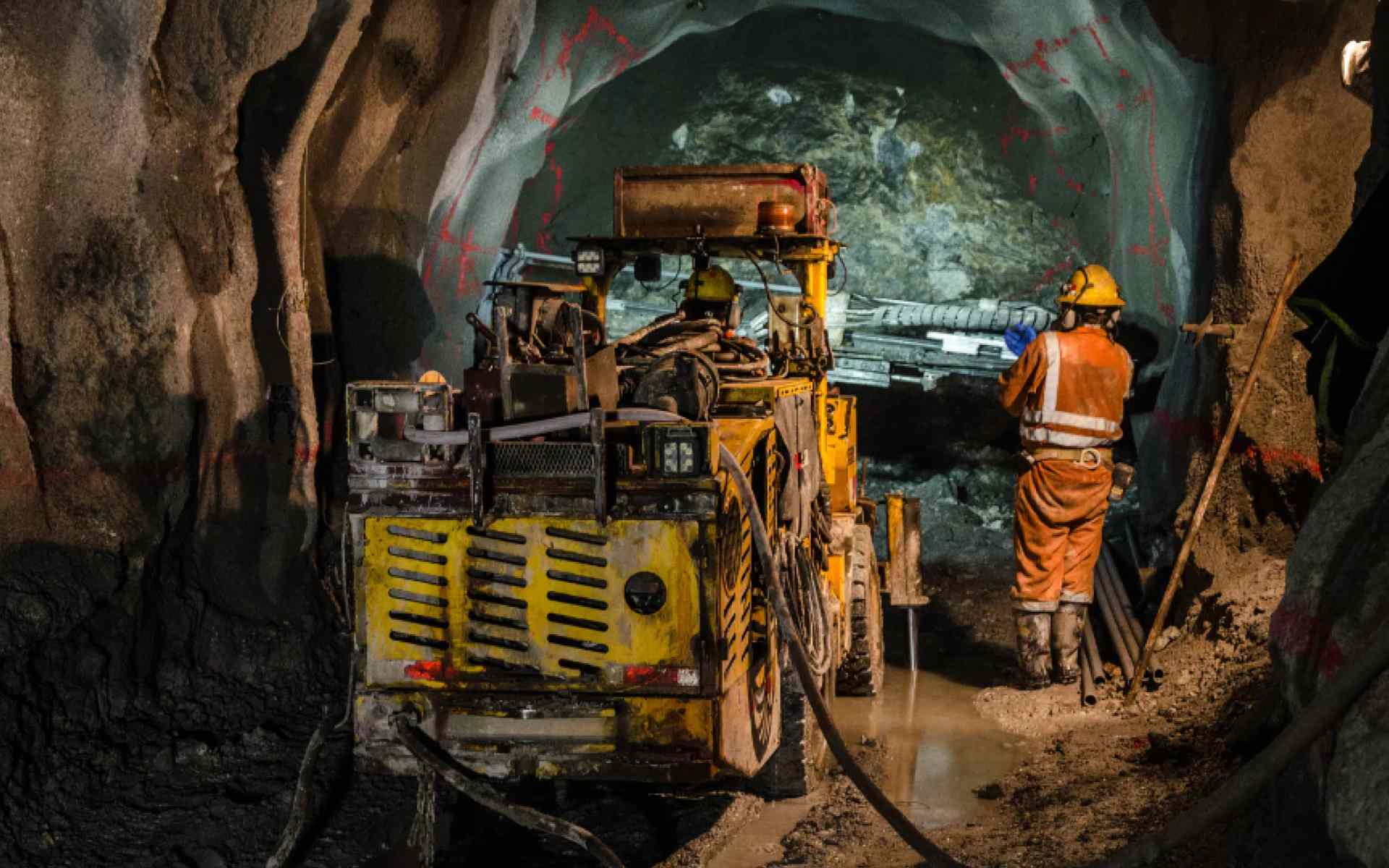Before the oil boom of the 1970s, mining played a vital role in Nigeria’s economy. Around the 1960s, solid minerals contributed as much as 4–5% to the national GDP, providing significant employment in regions like Jos, Enugu and Nasarawa.
But this boom was only short-lived. By the early 2000s, mining’s contribution to the GDP had collapsed to less than 0.5%, thanks to decades of neglect, underinvestment, and regulatory chaos.
Recent developments suggest that the tide may finally be turning. Nigeria’s mining sector has recorded one of its strongest performances in years, posting 4.61% growth in the second quarter of 2025 and contributing 1.8% to the country’s Gross Domestic Product (GDP), according to data by the National Bureau of Statistics (NBS).
The Minister of Solid Minerals Development, Dele Alake, said the performance was a direct outcome of the Federal Government’s sustained reforms and enforcement of transparency measures in the industry.
These numbers are a reflection of more mines in operation, more investors entering the Nigerian market, and mining host communities starting to experience economic benefits.
The minister explained that reforms within the ministry have centred on three key pillars: transparency, investment protection, and compliance enforcement, which together have helped reposition mining as a credible alternative to oil and gas.
These reforms include the “Use It or Lose It” clause, which mandates the revocation of dormant or defaulting mining licences to make room for serious investors.
The government’s goal is to ensure that only those committed to responsible exploration and production are allowed to operate.
By enforcing compliance and eliminating speculative licence holders, the ministry hopes to create a more credible and efficient investment environment. He added that the administration would not succumb to pressure or blackmail from entrenched interests opposed to reform.
In addition to regulatory tightening, the Ministry of Solid Minerals Development is advancing new institutional frameworks to strengthen export controls and revenue generation.
One of these initiatives is the planned establishment of a Minerals Pre-Shipment Agency, which will be tasked with monitoring mineral exports, verifying quality, and ensuring that all due royalties and taxes are paid. This measure aims to curb revenue leakages and increase transparency in mineral exports.
Combatting illegal mining
Another major intervention on the horizon is the deployment of satellite surveillance technology across mining sites nationwide. This, combined with a plan to double the number of Mining Marshals, is expected to help combat illegal mining, an activity that costs Nigeria billions of naira annually in lost revenue and environmental degradation.
Illegal mining has also been linked to community displacement, insecurity, and destruction of arable land, making its containment a critical national priority.
The government’s renewed focus on mining aligns with its broader economic diversification agenda. President Bola Tinubu’s administration has consistently emphasised the need to move Nigeria away from oil dependence toward other productive sectors such as agriculture, manufacturing, and solid minerals.
The 4.61% growth recorded in Q2 2025 shows that this shift is beginning to take hold, especially at a time when global demand for critical minerals like lithium, vital for electric vehicle batteries, is soaring.
The sector’s recent gains also carry wider socioeconomic implications. As mining operations expand, they stimulate local economies through job creation, infrastructure development, and rural industrialisation.
Host communities benefit from social investments, royalties, and community development agreements, while the national economy gains from export earnings and tax revenue. With proper regulation, mining could become a catalyst for inclusive growth and poverty reduction in resource-rich regions.
The 10th Nigeria Mining Week, themed “Nigerian Mining: From Progress to Global Relevance” will provide a platform to sustain these conversations.
Scheduled for October 13–15, 2025, at the Abuja Continental Hotel, the event is jointly organised by the Ministry of Solid Minerals Development, PwC, the Vuka Group, and the Miners Association of Nigeria. It will convene policymakers, investors, regulators, and industry experts to discuss pathways for transforming Nigeria’s mining sector into a globally competitive industry.
The gathering comes at a time global attention is increasingly turning toward Africa as a source of strategic minerals needed for the green energy transition.
Countries like the Democratic Republic of Congo, Zambia, and Namibia are already leveraging their mineral wealth to attract global partnerships. Nigeria, with its vast but underdeveloped mineral base, has the potential to join their ranks if reforms are sustained and governance remains transparent.
Persistent issues such as inadequate geological data, poor infrastructure, and security risks in mining regions continue to deter investors. The government’s next test will be to ensure that its reforms translate into tangible results on the ground, including jobs, safer mining practices, and sustainable development.
A consistent policy environment, coupled with strategic partnerships with private investors, will be crucial for the sector to realise its full potential.
Summary not available at this time.






